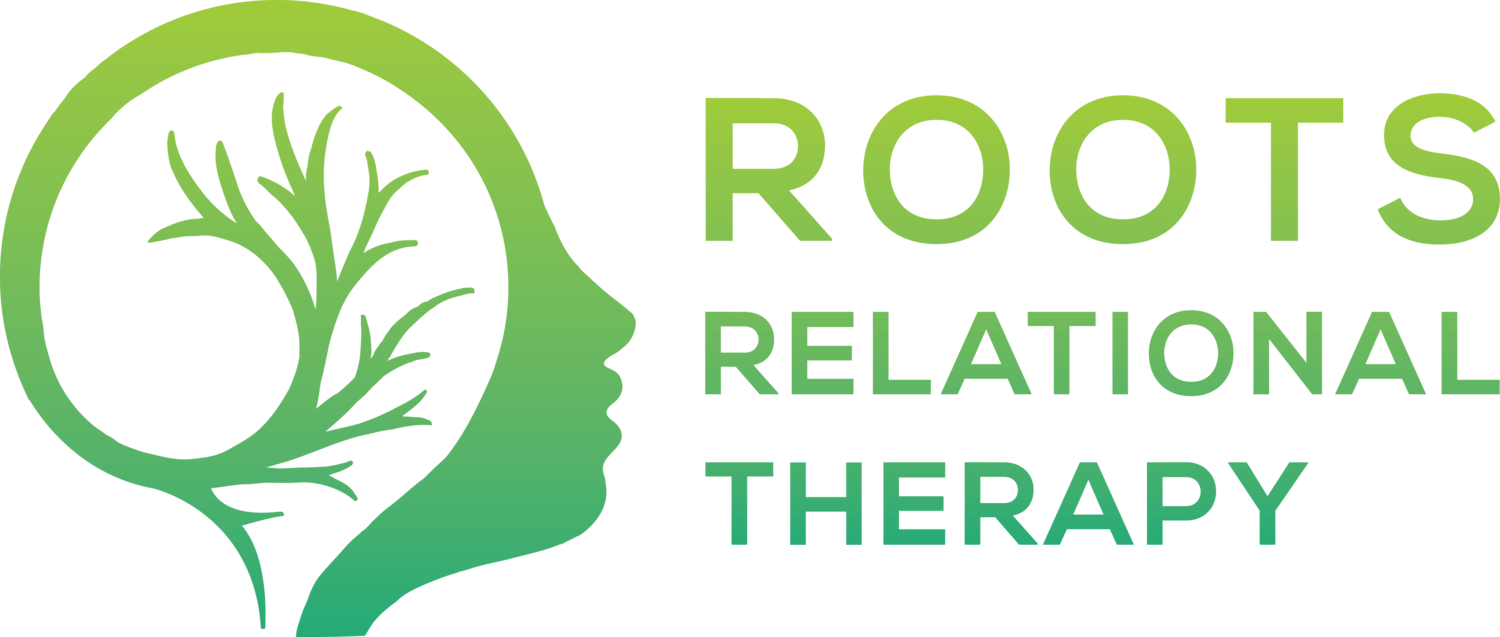Why Couples Grow Apart
Short answer — they don’t.
The concept of “we just grew apart” is a lie, a misnomer, and a cop out. Couples who say they “grew apart” are practicing the same lack of accountability, avoidance, and minimization of real issues that chipped away at their relationship in the first place.
What really causes this rift between couples, is failing to prioritize connection for an extended period of time. Here are the four major pitfalls that overtake relationships — when people allow them to.
Lack of Physical Connection
The first pitfall is a lack of physical connection. Even if physical touch is not your love language, all mammals evolved with the bonding hormone oxytocin. You may know it as the love hormone, the cuddle chemical, or the love drug.
Oxytocin is a powerful hormone that lowers stress, raises sexual arousal, builds trust, and enhances relationships. You can tap into this biological mechanism through cuddling, holding hands more often, kissing a little longer than usual, giving head scratches, caressing each others skin, and… you know… ;)
If you are not prioritizing physical intimacy and sex within your relationship, your bodies can forget each other. Someone you love can end up feeling like a roommate, a stranger, or even worse, a potential threat.
In order to not lose that connection, utilize touch with intention — touch in a way that communicates that you love them, touch them with reassurance, touch with energy and passion, and touch in a way that’s playful! Relationships need dimension and texture to stay alive and vibrant!
Lack of Emotional Connection
The second pitfall is lack of emotional connection. Lack of emotional connection and lack of physical connection is like the chicken or the egg causality dilemma. Which came first?
Many women cite lack of emotional connection as the reason for not feeling sexually motivated, and many men cite lack of physical connection as the reason for not feeling emotionally engaged.
The solution is to prioritize both! Both are equally important. A relationship cannot survive on just physicality, or exclusively on emotions.
In order to be emotionally connected, you have to talk to each other, and know what each other is going through. And to have the principle that neither of you ever go through anything alone, because you’re on the same team.
Lack of Availability
The third pitfall is lack of availability. Life transitions can get in the way of even the best relationships.
Whether it’s a career that takes up too much time, having separate schedules from each other, bringing home a newborn, or caring for an aging parent, it’s hard to prioritize everything in the right amounts all the time.
Couples in great relationships are often quick to take it for granted, and over draft resources from their relationship, assuming they are strong enough to handle it. While life may require this at times, and one of the benefits of building a strong relationship is to have it as a resource when life gets hard — this is an unsustainable approach long-term.
I speak to too many people in my practice that have more than enough money and success in their careers, but are lonely with no one to share it with. Or when childcare comes between their marriage, and leads to divorce that causes even more harm to the child in the long run. Or they not only eventually mourn the loss of their aging parent, but also their spouse. Don’t make that mistake.
The key here is to have a shared commitment that the relationship comes first, no matter what, because it is the basis for everything else. From there, other things can be prioritized.
Loss of Trust and/or Respect
The fourth pitfall is a loss of trust and/or respect. Our person will inevitably let us down at some point, and we will definitely let them down too. That is not the problem.
The real problem is allowing those moments to fester and expand into an overall loss of trust or respect. You can feel when these moments happen. Without appropriate repairs, and conflict management, these moments erode the foundation of your relationship, and the way that you view each other.
The key is to be aware when trust or respect is even slightly compromised, acknowledge it together directly, and realign accordingly.
You Have Two Choices: Renaissance or Rot
When any of these four major pitfalls present themselves, you have two options: renaissance or rot. Renaissance literally meaning rebirth, a revival or renewed interest in the state of the relationship — or rot, which is to do nothing and allow the relationship to decay.
However, when something is allowed to rot, the decay spreads. You don’t just lose the relationship; you lose your self respect, you’re deprived of your sexuality, it changes your sense of who you are, and you lose the ability to love and trust. You acclimate to destruction and wonder why you don’t know how to build something meaningful.
In this house, we choose renaissance! To do so, you can start by utilizing the state of the union check-in I shared in my previous blog post: “Healthy Relationship Habits: The State of the Union Check-In”, which I also made into a YouTube video: “How to Save Your Relationship with Two Questions”.
Where Can I Find More Help?
If you’re interested in learning more healthy relationship skills — therapy can be a great resource for you!
Maybe you aren’t fully ready for therapy yet — That’s okay too! Click the button below to subscribe to my YouTube Channel, Tips from a Therapist, where I offer some of my best tips on how to improve your relationship with yourself and other people.
If you found this helpful, share it with a friend!
The more you know, the more you grow!
